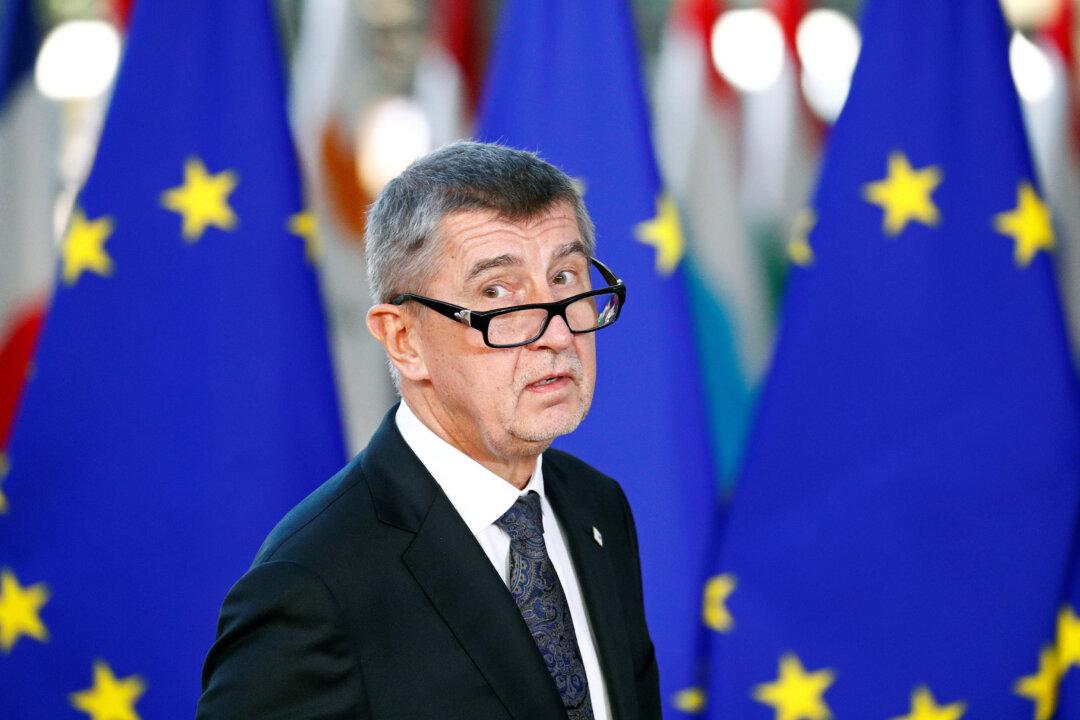PRAGUE—The Czech cyber-security watchdog was not pressured by the United States or anyone else into issuing its warning about the possible security risks posed by Chinese telecoms equipment maker Huawei, Prague’s cyber attache to Washington told Reuters.
Rather, its December warning took both the United States and Huawei by surprise, Daniel Bagge, the Washington-based representative for the NUKIB watchdog said in an interview.





